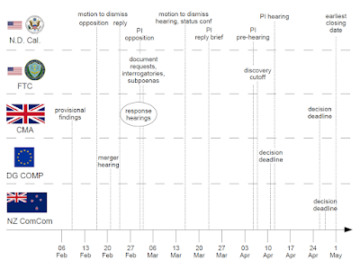In January, I reported on the partial dismissal of an antitrust class action against Qualcomm in the Northern District of California (a case that was brought in the wake of the FTC’s ultimately unsuccessful enforcement action against the chipmaker), and at the time I already wrote that the ruins of that complaint “[would] hardly survive summary judgment.” In February I agreed with Qualcomm’s arguments for not reopening discovery, as did the court. After the SJ motion was filed in April, I “I guess[ed] Qualcomm’s motion [would] succeed.” And that is what has just happened.
On Tuesday, “[a]fter carefully considering the briefing and conducting oral argument on August 3, 2023,” Judge Jacqueline Scott Corley of the United States District Court for the Northern District of California granted Qualcomm’s motion for summary judgment in its entirety:
This here is a legal victory that should put all of that U.S. antitrust litigation from the late 2010s to rest (short of a successful appeal, but chances are so slim that I guess an appeal will not even be brought). In economic terms it is, however, pretty unimportant compared to the fact that Apple, due to its failure to make its own iPhone-grade baseband processor, had to extend the chipset purchasing agreement with Qualcomm by another three years (2024-2026), which presumably means that Apple exercised an option to extend its standard-essential patent royalty payments as well. In the alternative (if Apple had been able to replace Qualcomm’s chips), Apple might have tried to renegotiate those SEP licensing terms.
Things are going well for Qualcomm, and ultimately I believe the company will be able to deal with whatever impact the proposed EU SEP Regulation–in whatever form it may or may not be passed into law–will have.
As for Judge Corley’s reasoning, the key elements are that there was really not even the slightest substance to claims that an agreement with Samsung had any market foreclosure impact. And even with respect to Apple, there was no credible pass-through theory (of elevated costs). The final part (“Conclusion”) of the order granting the motion to dismiss essentially says that the class-action lawyers made their strategic choices. The initial choices (very much about “No License, No Chips” and allegedly supra-FRAND SEP royalties) didn’t work out when the Ninth Circuit reversed the FTC’s trial win. Later on, they still tried to get something out of this by suing Qualcomm over exclusive dealing. They presented a new expert report “though the Court had expressly declined to reopen expert discovery.” Judge Corley declined to “open the flood gates to prolonged do-over litigation” as opposed to the speedy, efficient, and just resolution that the Federal Rules of Civil Procedure seek to ensure.
This outcome makes sense to me. As I noted further above, I predicted that the shifting-sands case wouldn’t make it to trial.
Class actions can serve useful purposes. They can raise issues and promote justice. However, the vast majority of class actions I see in the technology industry are just opportunistic attempts by lawyers to extract settlements from large corporations. Qualcomm probably could have “settled” that class action at a far lower cost than that of its world-class defense. But once you do that, others will come and sue you as well. Qualcomm made the right choice and has now (again, absent an unlikely reversal on appeal) defeated this class action (or, more precisely, consolidated set of class actions).
The order to dismiss the Qualcomm class action(s) came one day after Judge Corley also made a decision (in a class-action matter that does not involve Qualcomm but also followed an FTC action) relating in part to yours truly’s communications with Microsoft:
Let me just refer you to an article about this odd sideshow of the Microsoft-ActivisionBlizzard merger case by Stephen Totilo of Axios Gaming.
- SEO Powered Content & PR Distribution. Get Amplified Today.
- PlatoData.Network Vertical Generative Ai. Empower Yourself. Access Here.
- PlatoAiStream. Web3 Intelligence. Knowledge Amplified. Access Here.
- PlatoESG. Carbon, CleanTech, Energy, Environment, Solar, Waste Management. Access Here.
- PlatoHealth. Biotech and Clinical Trials Intelligence. Access Here.
- Source: http://www.fosspatents.com/2023/09/antitrust-class-action-against-qualcomm.html
- :has
- :is
- :not
- 2010s
- 2023
- 700
- a
- Able
- About
- above
- absent
- Action
- actions
- After
- again
- against
- Agreement
- AL
- All
- allegedly
- already
- also
- alternative
- an
- and
- Another
- antitrust
- any
- appeal
- Apple
- April
- ARE
- argument
- arguments
- article
- AS
- At
- Attempts
- AUGUST
- Axios
- BE
- been
- begin
- believe
- border
- both
- Briefing
- brought
- but
- button
- by
- california
- came
- CAN
- carefully
- case
- chances
- Chips
- chipset
- choice
- choices
- circuit
- civil
- claims
- class
- Class Action
- clear
- come
- Communications
- company
- compared
- complaint
- conclusion
- conducting
- considering
- Corporations
- Cost
- Costs
- could
- Court
- credible
- day
- deal
- dealing
- decision
- Defense
- denied
- DID
- didn
- discovery
- Dismiss
- Dispute
- district
- district court
- do
- does
- due
- E&T
- Economic
- ed
- efficient
- elements
- elevated
- end
- enforcement
- ensure
- entirety
- essentially
- Ether (ETH)
- EU
- Even
- Exclusive
- expert
- expressly
- extend
- extract
- fact
- Failure
- far
- February
- Federal
- filed
- final
- flood
- followed
- For
- form
- from
- FTC
- further
- Gates
- get
- going
- granting
- guess
- had
- happened
- hardly
- Have
- height
- here
- hosted
- However
- HTML
- http
- HTTPS
- i
- if
- Impact
- in
- industry
- info
- initial
- into
- involve
- issues
- IT
- ITS
- January
- joint
- judge
- just
- Justice
- Key
- large
- Late
- later
- Lawyers
- Legal
- letter
- License
- Licensing
- Litigation
- lower
- made
- Majority
- make
- MAKES
- Market
- Matter
- May..
- me
- means
- Merger
- Microsoft
- might
- more
- motion
- much
- my
- New
- no
- noted
- now
- of
- on
- once
- ONE
- open
- opposed
- Option
- or
- oral
- order
- originally
- Others
- out
- Outcome
- over
- own
- part
- partial
- pass-through
- passed
- patent
- payments
- PHP
- plato
- Plato Data Intelligence
- PlatoData
- precisely
- predicted
- presented
- pretty
- previously
- probably
- procedure
- Processor
- promote
- proposed
- public
- purchasing
- purposes
- put
- qualcomm
- raise
- RE
- really
- reasoning
- refer
- related
- relevant
- reopen
- replace
- report
- Reported
- Resolution
- respect
- REST
- Reversal
- right
- royalties
- royalty
- RUINS
- rules
- s
- same
- Samsung
- says
- scott
- see
- Seek
- sense
- serve
- set
- Settled
- Settlements
- Short
- should
- So
- solid
- something
- sought
- speedy
- States
- Stephen
- Still
- Strategic
- substance
- succeed
- successful
- sue
- SUMMARY
- survive
- T
- Technology
- terms
- than
- that
- The
- their
- theory
- There.
- they
- this
- those
- though?
- three
- time
- to
- trial
- tried
- truly
- Tuesday
- u.s.
- Ultimately
- United
- United States
- unlikely
- useful
- Vast
- version
- very
- victory
- Wake
- was
- WELL
- What
- whatever
- when
- which
- will
- win
- with
- Work
- work out
- world-class
- would
- wouldn
- wrote
- years
- you
- yours
- zephyrnet

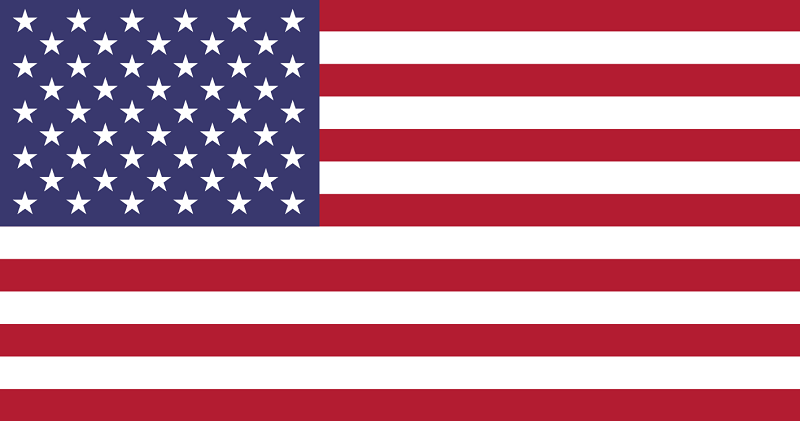

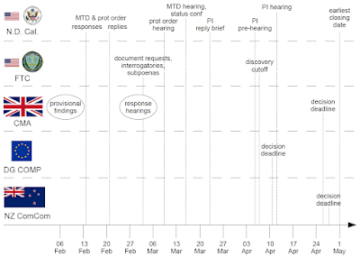

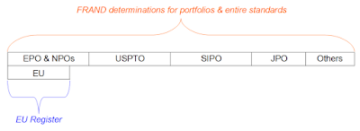
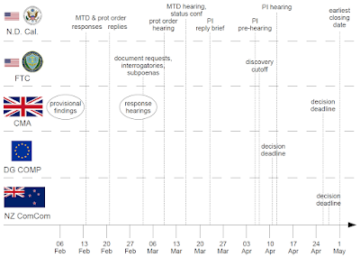

![For more than a decade, Sony's patent applications have been disparaging Microsoft and Nintendo as 'inferior manufacturer[s]' of video game consoles: gratuitous, childish, unprofessional](https://platoaistream.net/wp-content/uploads/2023/04/for-more-than-a-decade-sonys-patent-applications-have-been-disparaging-microsoft-and-nintendo-as-inferior-manufacturers-of-video-game-consoles-gratuitous-childish-unprofessional-360x200.png)
